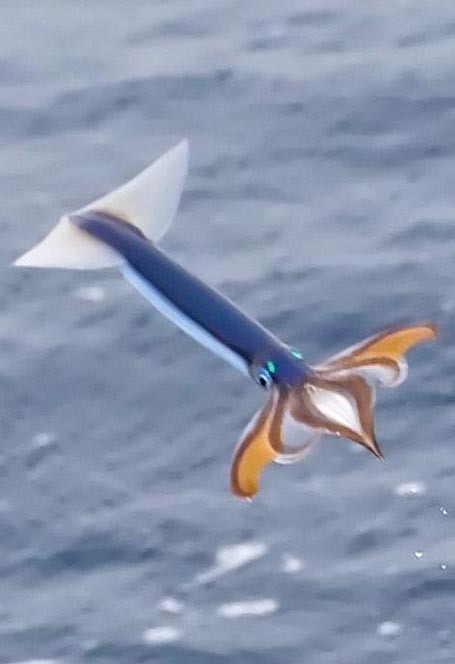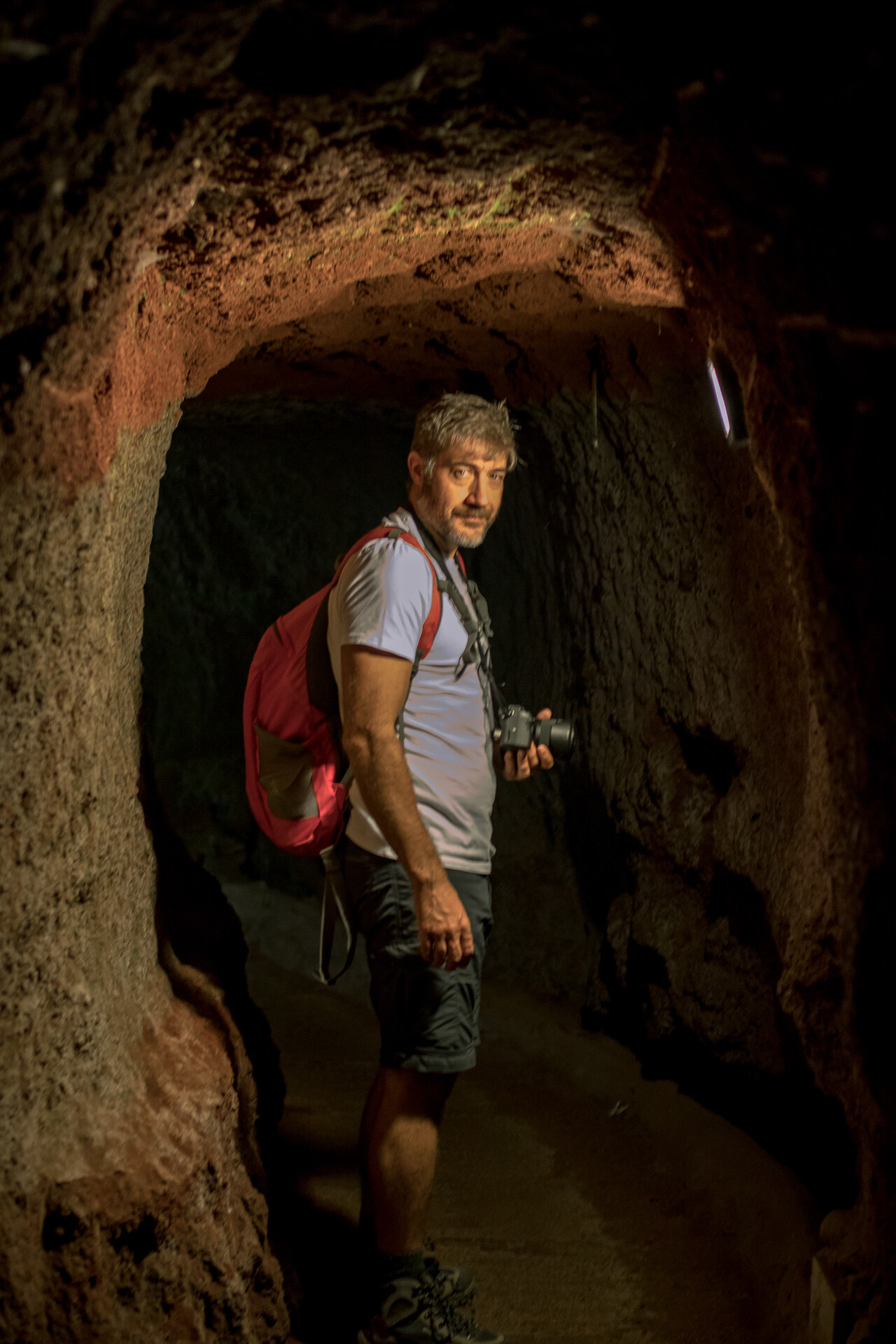Starlink doesn’t just interfere with optical astronomy, it also interferes with radioastronomy.
that’s unfortunate and all but the reality is that astronomers are just going to have to deal with it. internet access is vastly more important than looking light-years into the past.
Astronomers have been moving ever further away from civilization in search of dark sky sites since the invention of the telescope.
While I sympathize with them, I have to agree that starlink (and future constellations like it) were always inevitable. They can do things which simply weren’t possible, or weren’t realistic, which are of enough value that there would need to be an extraordinarily important reason to prevent it.
There are more options to get internet access, the new ones like 5G are wireless and with a huge bandwidth. Is really internet access in the middle of the nothing a priority? More than the potential knowledge about who we are and from where we come? I don’t believe in a World where people doesn’t know enjoy the nature and the wild places without internet.
5G is pretty short range, and it only exists at all in relatively wealthy built-up areas. I’ll bet you it’s rare in most of Africa, for example. You certainly can’t get it at sea, or in remote facilities like Antarctic research bases.
We’ve also been shown pretty clearly in the last couple of years that constellations like these are unparalleled in warzones, or disaster-zones where local infrastructure has been destroyed.
5G was only at example of new technologies. It is true that wireless internet need to be deployed in Africa and other areas, but Starlink need to be deployed in the space too. And in a short/medium term future will be easier upgrade earth based antennas than satellites in orbit. In the middle of the sea are satelital communications for important info actually, and this must be enough. See a film online in the middle of the Atlantic is not as important as the knowledge that the Galaxy give us (my personal and subjective opinion)




